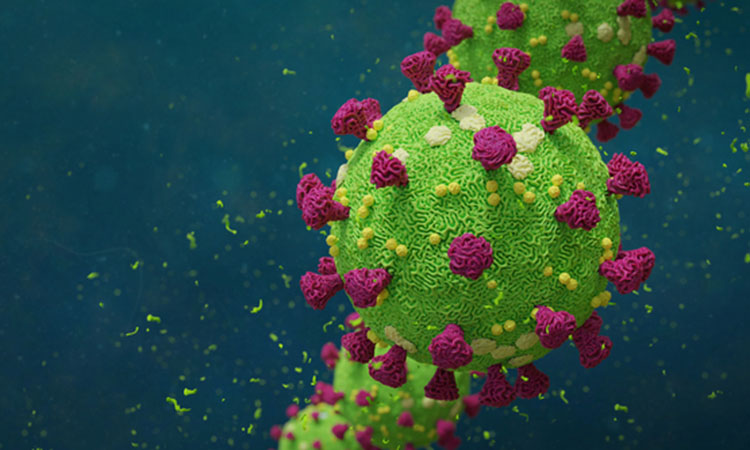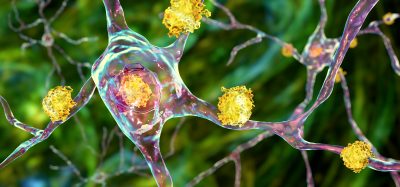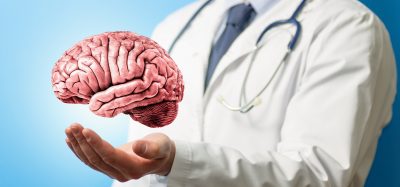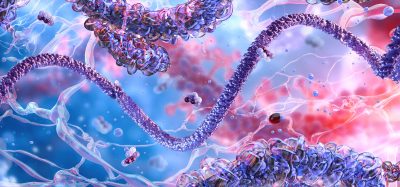Pre-clinical trials show drug inhibits inflammasome in COVID-19 cases
Posted: 25 October 2022 | Izzy Wood (Drug Target Review) | No comments yet
Anti-inflammatory effects of niclosamide, observed in a new pre-clinical study, were due to inhibition of the inflammasome, a protein complex presented in the interior of defence cells.


Experiments involving animals and human cells, conducted at the University of São Paulo (USP) in Brazil, suggest that niclosamide effectively inhibits SARS-CoV-2 replication, as well as the exacerbated inflammatory response that leads to death in many patients with severe COVID-19.
Nicolosamide is an anthelmintic widely used against tapeworms. Greater research is needed to find out if the effects, described in an article published in Science Advances, are confirmed in patients with the disease.
According to the authors, the development of a novel formulation of the drug is required, as the one currently available from pharmacies is orally administered and would not affect the lungs.
Professor Dario Zamboni, one of the researchers on the study, claimed the anti-inflammatory effects of niclosamide were due to an inhibition of an immune system mechanism known as the inflammasome, a protein complex present in the interior of defence cells.
Previous research by the group showed that inflammasomes in severe COVID-19 patients are typically more activated than normal, causing an exaggerated systemic inflammatory response known as a cytokine storm that injures the lungs and other organs.
Zamboni stressed, however, that niclosamide should not be used prophylactically to prevent exacerbated inflammation. “A little inflammation is important to combat infection by pathogenic microorganisms,” he said. “Exaggerated inflammation is the problem, as is often the case in severe COVID-19. We are not recommending prophylactic use of the drug, since this could even hinder a recovery by mild or moderate COVID-19 patients.”
The authors of the article claim that niclosamide promotes autophagy. When this process of autophagic cell cleansing is induced, old organelles are destroyed, cellular components are recycled and inflammasomes are deactivated. The process also inhibits replication of SARS-CoV-2 inside cells.
The researchers began the study by screening 2,560 compounds, in search for substances capable of inflammasome modulation. This involved infecting human defence cells in vitro with Legionella, a bacterium known for inflammasome activation.
After selecting the three most promising drugs, they tested them in mice infected with SARS-CoV-2 and white blood cells from COVID-19 patients. They also tested the effects of these drugs on macrophages and monocytes, front-line immune cells intensely involved in COVID-related inflammasomes. Niclosamide produced the best results.
To investigate its antiviral action, the researchers tested it on monocytes infected in vitro with SARS-CoV-2. “Niclosamide’s antiviral action was already known. Indeed, Phase I clinical trials involving treatment of COVID-19 patients with the drug are under way right now. Our discovery that it induces autophagy and inhibits inflammasomes offers additional information on the immunomodulatory functions of this highly promising drug,” Zamboni said.
The discovery of an inflammasome-inhibiting drug opens up prospects of novel therapies for other conditions involving inflammation, such as autoimmune and neurodegenerative disorders, flu, some kinds of cancer and infectious diseases such as Zika, Chikungunya and Mayaro fever.
“The study focused on COVID-19, but in theory niclosamide should also promote inflammasome inhibition in these other cases. Our results point to numerous other research possibilities,” Zamboni added.
Related topics
Drug Discovery, Drug Leads, Drug Repurposing, Hit-to-Lead, Lead Generation, Molecular Targets, Screening
Related conditions
Covid-19, SARS-CoV-2
Related organisations
the University of São Paulo (USP)
Related people
Professor Dario Zamboni








